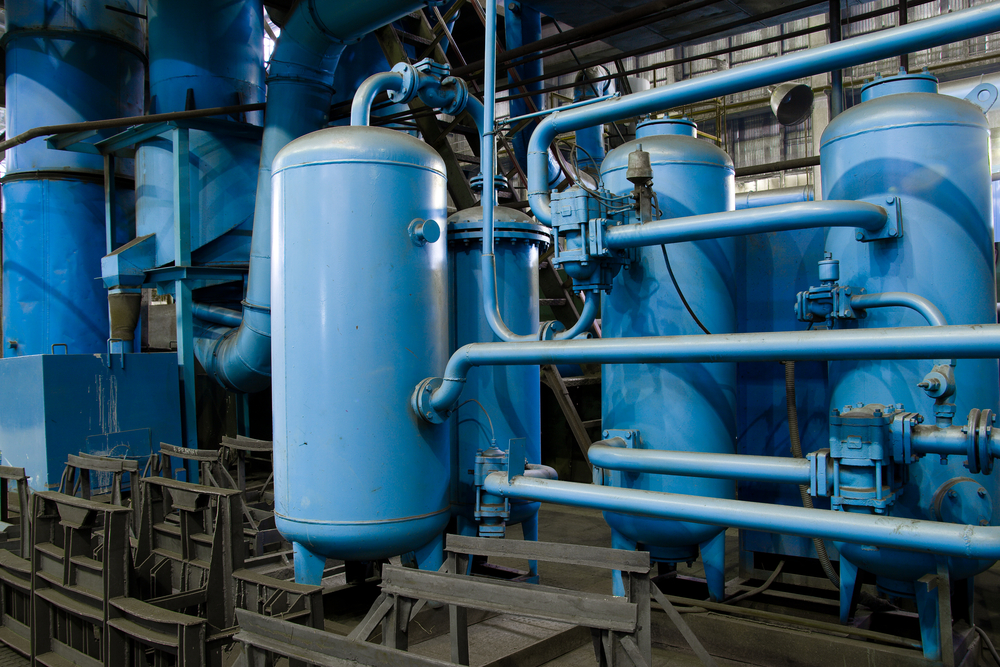My Complete Guide to Resolving Low Water Pressure in Your Home
My Complete Guide to Resolving Low Water Pressure in Your Home
Blog Article
What're your thoughts on Low Water Pressure in the House??

Low tide pressure in your home can be an irritating problem, impacting every little thing from showering to washing recipes. If you're experiencing weak water flow, there are a number of feasible causes and solutions to discover. In this overview, we'll review typical reasons for low water stress and functional steps to resolve the problem successfully.
Introduction to Low Tide Pressure
Low water stress takes place when the flow of water from your faucets, showers, and other fixtures is weaker than normal. This can make daily jobs much more challenging and less reliable. Comprehending the causes of low water pressure is crucial to discovering the ideal remedy.
Common Reasons For Low Water Stress
Pipeline Obstructions
With time, pipes can become clogged with mineral deposits, sediment, or debris, limiting the circulation of water. This is a typical concern in older homes with galvanized steel pipes.
Corrosion
Corrosion within pipelines can lead to leakages and decreased water pressure. Rust buildup can tighten water circulation, specifically in aging plumbing systems.
Faulty Pressure Regulatory Authorities
Pressure regulators are responsible for preserving consistent water stress in your house. If they malfunction, it can result in low water pressure or irregular circulation throughout your home.
Community Supply Of Water Issues
Occasionally, the problem lies outside your home. Municipal water concerns, such as main line leaks or maintenance job, can temporarily decrease water pressure in your location.
How to Identify Low Water Stress
Examining Taps and Fixtures
Beginning by checking the water pressure at various faucets and fixtures throughout your home. If the concern is isolated to certain areas, it may show local issues.
Checking Pipes
Check visible pipes for indicators of leaks, rust, or clogs. Take note of any kind of uncommon audios, such as knocking or rattling pipelines, which might suggest concerns within the plumbing system.
Consulting with a Plumber
If you're incapable to determine the reason for low water stress, consider hiring a specialist plumber to perform a detailed inspection. They can determine underlying problems and recommend proper remedies.
Do It Yourself Solutions to Take Care Of Low Tide Stress
Cleaning Up Aerators and Showerheads
Natural resources can gather in aerators and showerheads, decreasing water circulation. Eliminate and clean these elements routinely to boost water pressure.
Flushing Water Heater
Debris accumulation in the hot water heater can restrict flow and minimize effectiveness. Flushing the container periodically assists remove sediment and preserve ideal performance.
Examining Stress Regulator
Make certain that the stress regulatory authority is functioning correctly. Adjusting or changing the regulatory authority can help restore proper water stress throughout your home.
Cleaning Clogs in Water Lines
For minor clogs, try utilizing a plumbing serpent or chemical drainpipe cleaner to clear blockages in pipelines. Be cautious when using chemicals and comply with safety and security standards.
When to Call a Professional Plumber
If DIY initiatives fail to solve the concern or if you think substantial plumbing issues, it's best to seek support from a qualified plumber. They have the experience and devices to attend to intricate concerns securely and effectively.
Safety Nets to Keep Water Pressure
Normal Upkeep
Set up routine maintenance for your plumbing system to prevent concerns such as corrosion, leaks, and obstructions. Attending to minor problems early can aid prevent even more significant repair services later on.
Mounting a Pressure Booster
Consider mounting a stress booster pump to boost water stress in locations with regularly reduced flow. This can be particularly helpful for multi-story homes or properties with high-demand fixtures.
Tracking Water Usage
Be mindful of water usage practices and prevent ill-using the plumbing system. Straightforward changes, such as incredible showers and laundry tons, can help maintain ample water stress.
Conclusion
Managing low water stress can be aggravating, yet recognizing the underlying causes and executing ideal remedies can restore optimum circulation throughout your home. Whether it's cleaning up aerators, examining pipes, or seeking advice from a plumber, taking aggressive actions can guarantee a consistent supply of water for your everyday demands.
How to Fix Low Water Pressure In Your Home
Municipal Water Supply Issues
Scheduled maintenance, high demand, and water main breaks are all potential causes for low water pressure within a city or county’s water lines. While there’s not much you can do to personally fix a problem with your city or county’s water supply system, you can play a big role in documenting the issue and alerting those who can.
How to fix it:
Ask your neighbors if they are experiencing any issues with low water pressure. If multiple homes are affected, it’s likely related to the city’s water line.
Contact the local Water Authority to see if there is any maintenance taking place that might be affecting your supply. Also let them know of your specific issues. If other homeowners report the same issues, they’ll know that there could be a larger issue to look into.
Faulty Fixtures
A damaged or clogged shower head, faucet or appliance is the first thing we’d suggest checking, especially if low water pressure appears to be isolated to a specific area of your home.
How to fix it:
First, turn off the main water supply to your home.
Check the affected appliances for build-up or debris. In the case of a faucet, you can simply unscrew the aerator at the tip of the faucet. Showerheads should be fully detached from the water pipe.
While the appliances are detached, you may want to check the water supply to determine if the fixtures were in fact the issue.
To clean, soak the showerhead or aerator in vinegar and brush off any visible debris.
Reattach the fixtures and check the water pressure again. If it is still low, there is likely a deeper issue at hand, which can be determined by a professional plumber.
Pipe Obstructions
Mineral deposits, rust or other debris within water pipes can lead to blockages or corrosion over time.
How to fix it:
When you think of a clog, you probably think of a drain clog. While there are many DIY solutions to clearing a drain, clogs in a water pipe will almost always require the help of a professional plumber. A plumber will be able to locate the affected pipe and clean out any debris or mineral deposit buildup. In severe cases, the pipe may need to be replaced. Your plumber might also recommend a water softening system to remove the minerals from your home’s water supply that can contribute to pipe blockages over time.
Plumbing Leak
Undetected water line leaks can divert water away from your residential pipes, reducing the water pressure in your fixtures.
How to fix it:
Check your water meter by turning off all water sources and monitoring the meter for any movement, which could be a clear indicator of a potential leak.
Check all visible pipes for signs of leaking, including water stains, active dripping or damp spots around the pipe.
Inspect fixtures, including faucets and showerheads, for any drips.
Test the pressure but recording the pressure with the main water valve shut off. Leave off for a few hours and test again. A significant drop in pressure is a clear sign of a leak.
https://kiddcoplumbing.com/plumbing-blog/how-to-fix-low-water-pressure/

How to Fix Low Water Pressure In Your Home
Municipal Water Supply Issues
Scheduled maintenance, high demand, and water main breaks are all potential causes for low water pressure within a city or county’s water lines. While there’s not much you can do to personally fix a problem with your city or county’s water supply system, you can play a big role in documenting the issue and alerting those who can.
How to fix it:
Faulty Fixtures
A damaged or clogged shower head, faucet or appliance is the first thing we’d suggest checking, especially if low water pressure appears to be isolated to a specific area of your home.
How to fix it:
Pipe Obstructions
Mineral deposits, rust or other debris within water pipes can lead to blockages or corrosion over time.
How to fix it:
When you think of a clog, you probably think of a drain clog. While there are many DIY solutions to clearing a drain, clogs in a water pipe will almost always require the help of a professional plumber. A plumber will be able to locate the affected pipe and clean out any debris or mineral deposit buildup. In severe cases, the pipe may need to be replaced. Your plumber might also recommend a water softening system to remove the minerals from your home’s water supply that can contribute to pipe blockages over time.
Plumbing Leak
Undetected water line leaks can divert water away from your residential pipes, reducing the water pressure in your fixtures.
How to fix it:
https://kiddcoplumbing.com/plumbing-blog/how-to-fix-low-water-pressure/
Do you enjoy more info about 9 Reasons for Low Water Pressure in Your House? Post feedback further down. We would be happy to know your feelings about this page. We hope that you visit us again soon. I beg you pause to promote this blog if you appreciated it. Many thanks for taking the time to read it.
Call Report this page